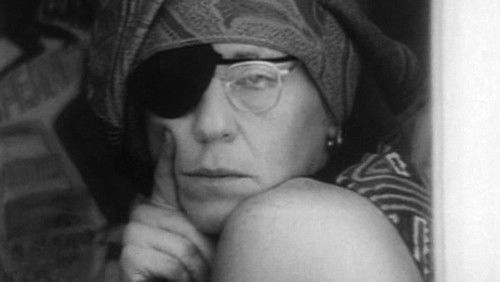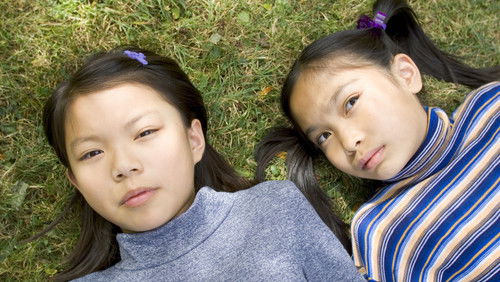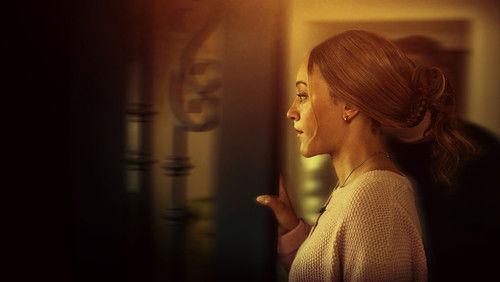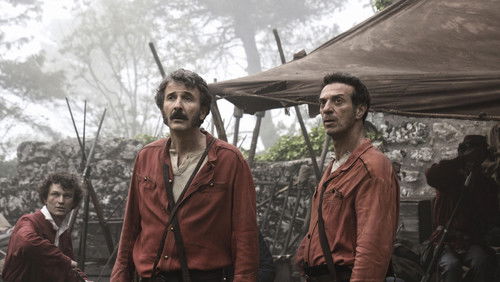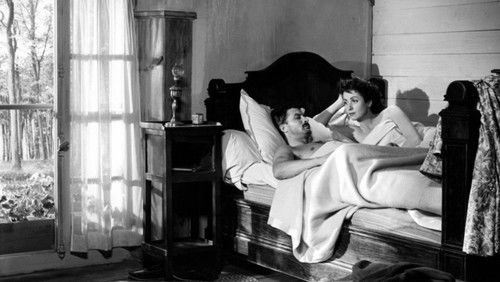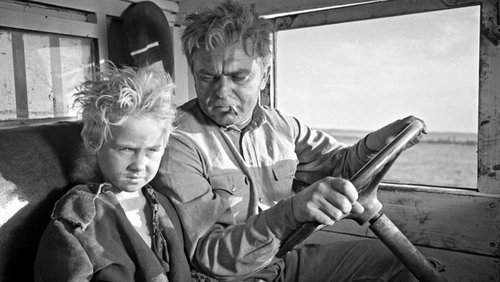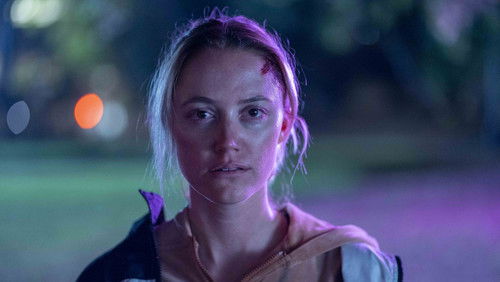Atalante (1934)
32KAtalante: Directed by Jean Vigo. With Dita Parlo, Jean Dasté, Gilles Margaritis, Louis Lefebvre. Newly married couple Juliette and a ship captain Jean struggle through marriage as they travel on the L’atalante along with the captain’s first mate Le père Jules and a cabin boy.
“There arenu0026#39;t many classics that are as deceptively simple as u0026quot;Lu0026#39;Atalanteu0026quot;. Its gentle, contemplative tone – punctuated by occasional stretches of Michel Simonu0026#39;s antics – conceals a carefully made film with some worthwhile themes that go beyond the story itself. The lavish praises that it sometimes receives have perhaps created unrealistic expectations, which is unfortunate, because it is a fine, though understated, classic.u003cbr/u003eu003cbr/u003eJean and Juliette, the two main characters, both have strengths and weaknesses that make them believable. Jean is responsible and disciplined, while Juliette is easygoing and gregarious (which makes her the easiest of the two to appreciate and to sympathize with). But Jeanu0026#39;s rigidity and his occasional impatience, in combination with Julietteu0026#39;s naiveté and her occasional impulsiveness, make for difficulties in their relationship.u003cbr/u003eu003cbr/u003eIf they seem boring when compared to the couples in many other movie romances, it is precisely this that makes the film worthwhile. It focuses closely on two ordinary people, without distracting frills or forced social commentary. Most of us are not all that interesting to others, and our lives and problems are usually important only to us. It is part of Jean Vigou0026#39;s achievement that he takes two such commonplace characters and makes them worth caring about, and by implication he tells us that we are all worth caring about, even if we and our lives may not matter much to others.u003cbr/u003eu003cbr/u003eBy keeping most of the action on board the boat, Vigo not only creates an atmosphere, but also forces the attention onto the characters. Simonu0026#39;s rather exaggerated character is used both to vary the pacing when appropriate, and to respond to the traits and actions of Jean and Juliette. The photography and the score are also used to round out the picture.u003cbr/u003eu003cbr/u003eIt may be true that the film is sometimes over-praised, but in large part that is simply an over-reaction to the unfortunate lack of attention that this kind of classic must so often endure. In an era when so many very weak recent movies have received regular television airings, special edition DVDu0026#39;s with all kinds of pointless u0026quot;extrasu0026quot;, and undeserved critical acclaim, itu0026#39;s all too obvious that movies requiring more effort to appreciate are too often ignored entirely.u003cbr/u003eu003cbr/u003eMany recent romance movies have tried to use lavish production values, disaster or crisis settings, trendy techniques such as u0026quot;non-linearu0026quot; story-telling, and other such devices to cover up a lack of substance. Movies as different as u0026quot;Titanicu0026quot; and u0026quot;The English Patientu0026quot; (just to name two of many possible examples) use such methods in an attempt to pass off a romantic couple as heroic or admirable, when the characters in actuality are usually self-absorbed, vapid, and truly less worth caring about than Vigou0026#39;s Jean and Juliette are.u003cbr/u003eu003cbr/u003eJean and Juliette, like most of us, know that they are not important in the grand scheme of things, and they are probably rather well aware of their own weaknesses. They are neither saints nor sinners, neither victims nor heroes, they are just human, and therefore worth caring about. u0026quot;Lu0026#39;Atalanteu0026quot; itself is not u0026quot;the greatest movie ever madeu0026quot;, especially since there is no such thing anyway, but it is a thoughtful and carefully crafted classic that stays with you well after you have seen it.”

